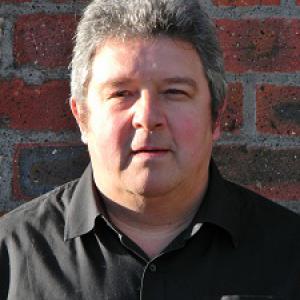The group, which will be the third biggest party in the Westminster parliament, is expected to push for moves towards full fiscal autonomy for Scotland, where the country would retain all locally-raised taxes and only pay Westminster for retained functions.
SNP leader and Scottish First Minister Nicola Sturgeon made clear in a weekend TV interview that she regarded her party’s landslide win in Scotland at last week’s general election as a mandate for the sweeping new powers set out in the SNP’s manifesto, in preparation for an eventual move to full fiscal responsibility.
Key demands will include devolution of business taxes, employment, National Insurance, the minimum wage, equality and the major welfare benefits, notably Universal Credit. The Smith Commission proposed devolving income tax, receipts from the first 10 percentage points of VAT standard rate, and a number of smaller benefits and benefit-varying powers while keeping Universal Credit itself reserved to Westminster.
Sturgeon, who expects to hold talks soon with Prime Minister David Cameron, said at the weekend: ‘Our manifesto set out very clearly that we would want to move to full fiscal responsibility. Clearly that will take a number of years to implement.
‘What we will argue for is priority devolution of powers over business taxes, employment, the minimum wage, welfare, because these are the levers we need to grow our economy to get people into work paying taxes and lifting people out of poverty.’
So far, the message from Downing Street is that the new government intends to push ahead quickly with legislating to enact a version of the Smith proposals, but does not intend to go beyond them. Sturgeon admitted that in a brief post-election conversation, ‘David Cameron did not give me any indication that he wanted to move beyond the current Smith Commission proposals’.
However, she added: ‘I think he has to and that clearly is one of the things we are going to have to discuss.’
Others across the political spectrum think that the scale of last Thursday’s election gains for the SNP, which saw the nationalists move from six MPs to 56 of the 59 Scottish seats, made it inevitable that Cameron will need to move beyond the Smith proposals.
Former Labour First Minister Lord Jack McConnell said the Smith plan was ‘a shambles’ and that it would ‘fall apart in due course’. He called on Cameron to put together a constitutional convention to discuss Scotland in the context of wider reforms for the UK as a whole, a call that has also been made by the Liberal Democrats.
Meanwhile, former Conservative Scottish Secretary Sir Malcolm Rifkind suggested that a Royal Commission be established to create a ‘quasi-federal’ settlement that could accommodate Scotland’s constitutional ambitions alongside demands for decentralisation from English cities and Conservative pressure for English Votes for English Laws at Westminster.
‘There is a risk that this is all being done piecemeal,’ Rifkind said. ‘You need something like a Royal Commission, reporting in the next year, on how we can draw these threads together.’
Others, notably on the right of the Conservative Party, are reported to be urging Cameron to call the SNP’s bluff by offering Scotland an immediate move to full fiscal autonomy, in the wake of predictions by the Institute of Fiscal Studies that such a move at present would leave Scotland’s deficit £7.6bn higher than its share of the UK deficit.





















